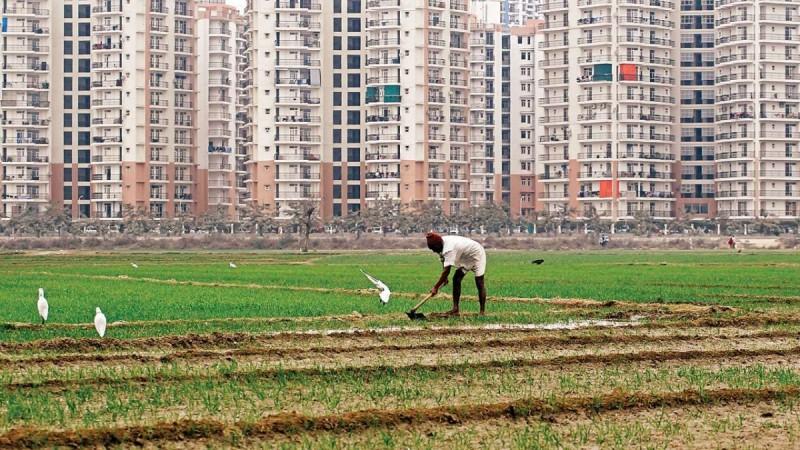
Soon, the central government will be issuing identification numbers for landholdings similar to Aadhar. The move is seen to bring about transparency and end dubious land ownership. Financial daily, the Economic Times, reported that the Ministry of Rural Development is working on a proposal to standardise every surveyed plot with a unique number. The unique id will include details of the state, district or Zilla, tehsil or taluka, block-level, and street information, wherever applicable, and information about the plot including size and ownership details.
An official privy to the development said, "This unique land parcel number could subsequently be linked to the Aadhaar and revenue court system." The official further went on to add that the government believes that the step would support real estate transactions, help resolve property tax issues and improve disaster planning and response efforts. Moreover, the mover will also lead to easier land acquisition of land for public projects.
Vinayak Chatterjee, chairman of Feedback Infrastructures added, "It's like an Aadhaar for an individual. All issues related to sale/purchase, collection of taxes and ownership of the plot can be traced using one single number. The government is now taking its land records digitization drive one step forward. Since this will also be GIS-tagged, it will make it very simple to access details of any landholding."
Notably, out of total cases pending in courts across India around two-third cases pertains to disputes over land, the validity of titles and records and rightful ownership. The average time to expedite these cases is around 20 years that is negatively affecting the growth in the real estate sector. Industry experts have hailed the proposal, calling it a much-needed reform for the sector.
Anuj Puri, chairman of Anarock Property Consultants argued, "Unique identity numbers or UIDs have been long overdue and, when implemented, will help streamline and organize India's outdated land record system. As on date, land ownership done via registered sale deed is presumptive in nature and is also subject to challenge." He further went on to add that the step would introduce greater transparency in the system with maintaining the details of all previous owners of a plot of land.
Notably, the centre has already introduced the Digital India Land Records Modernisation Programme for the digitisation of the property registration process and land records. The results have not been encouraging with slow progress in some states.

















